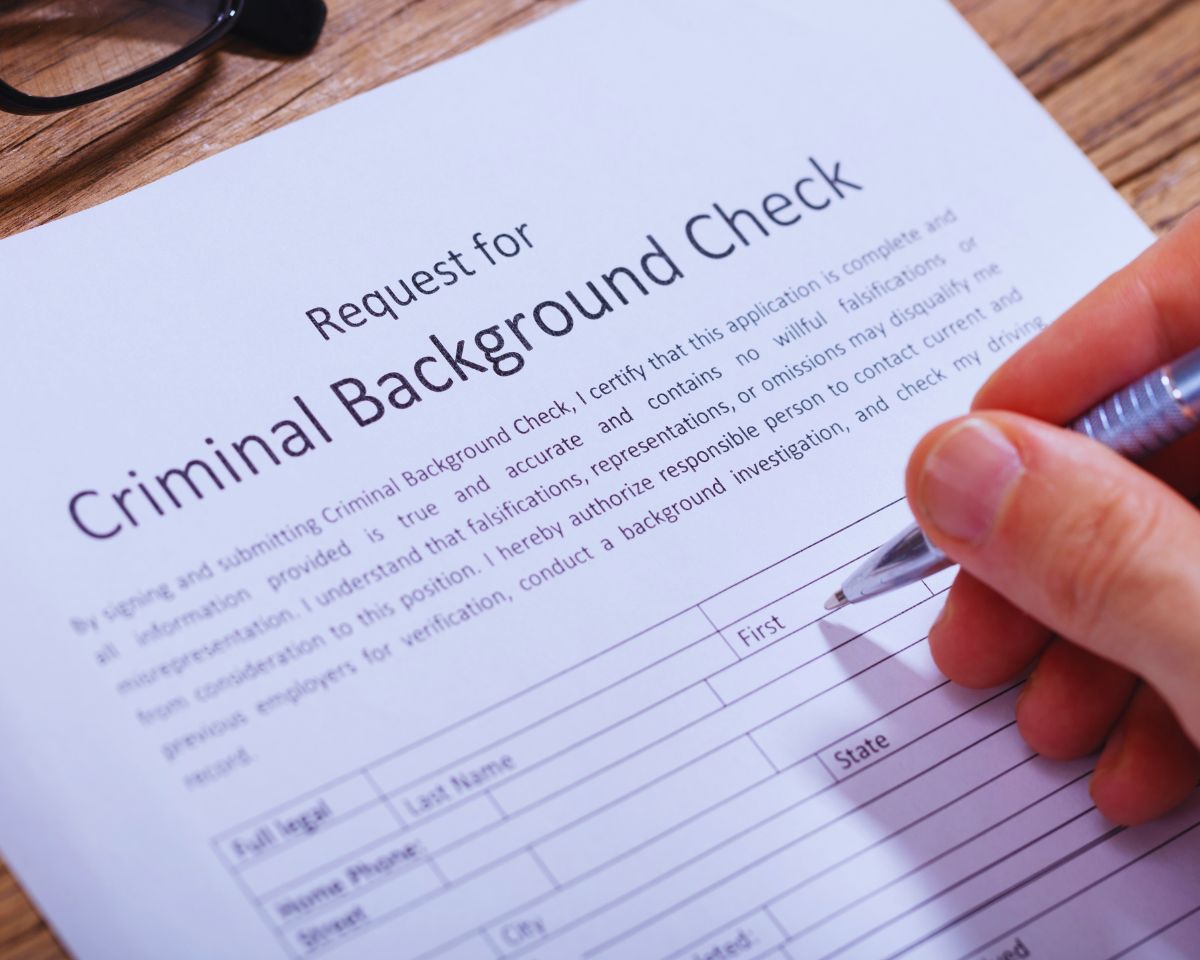If you’re applying for a job in California or hiring employees, understanding how background checks work is essential. California has some of the strictest laws in the United States governing the use of personal background information. This guide breaks down what employers can (and can’t) do, and what rights applicants have under state and federal laws.
What Is a Background Check?
A background check is a process used to verify a person’s identity and history. Employers often use these checks to confirm a candidate’s criminal record, education, employment history, credit status, and more. However, in California, employers must follow specific legal guidelines when requesting and using this information.
Types of Background Checks in California
1. Criminal History Check
This reveals past arrests and convictions. However, in California:
-
Employers cannot consider arrests that did not lead to convictions.
-
Records that have been sealed, expunged, or dismissed are typically off-limits.
-
Employers must wait until a conditional offer is made before checking criminal history.
2. Employment Verification
This confirms previous job titles, dates of employment, and reasons for leaving. It’s often used to verify a candidate’s work experience.
3. Education Verification
This ensures applicants attended the schools they claim and received the degrees listed.
4. Credit Report
This is only allowed in limited cases, such as for financial positions. Employers must get written consent and provide a disclosure before accessing a credit report.
5. Driving Record
Often used for jobs involving driving, such as delivery or commercial vehicle roles.
6. Professional License Check
Used to verify licenses for positions in healthcare, legal, engineering, and more.
Laws Governing Background Checks in California
1. Fair Credit Reporting Act (FCRA)
A federal law that governs how background checks are conducted. Employers must:
-
Notify the applicant in writing.
-
Get written authorization.
-
Provide a copy of the report if it affects the hiring decision.
2. California Fair Chance Act (“Ban the Box”)
-
Applies to employers with 5+ employees.
-
Employers can’t ask about criminal history until after a conditional job offer.
-
If adverse action is taken, the employer must do an individualized assessment.
3. California Consumer Privacy Act (CCPA)
-
Gives applicants the right to know what personal information is collected and request its deletion.
-
Applies to companies that meet certain criteria (e.g., revenue thresholds, data volume).
Your Rights as a Job Applicant
✅ 1. You Must Give Written Consent
No employer can run a background check without your written permission.
✅ 2. You Can Request a Copy
You have the right to see your report and dispute any inaccurate information.
✅ 3. You Must Be Notified Before Any Adverse Action
Before rejecting you based on your background report, an employer must:
-
Send you a copy of the report.
-
Give you time to correct any errors.
-
Send a final notice if they proceed with the rejection.
What Employers Need to Know
If you’re an employer in California:
-
Always follow both state and federal law.
-
Use a reputable screening service that complies with the FCRA.
-
Customize job offers based on job relevance — a conviction may not be disqualifying if unrelated.
-
Keep all background check documentation for at least two years (FCRA requirement).
Common Background Check Myths
| Myth | Fact |
|---|---|
| All criminal records show up. | Sealed or expunged records are not disclosed. |
| Employers can run checks without telling you. | Consent is legally required. |
| You can’t challenge a report. | You can dispute errors through the reporting agency. |
Tips to Prepare for a Background Check
-
Check your own records: Run a personal background check to ensure accuracy.
-
Fix mistakes early: Dispute inaccuracies through the reporting agency (usually resolved within 30 days).
-
Be honest: Don’t lie on your resume; employers may uncover the truth.
Conclusion
Background checks in California are meant to balance workplace safety with individual rights. Whether you’re an employer ensuring due diligence or an applicant protecting your privacy, knowing the laws helps everyone move forward fairly.
California’s strict rules are designed to prevent discrimination and give everyone a fair shot at employment. If you believe your rights were violated, you can contact the California Department of Fair Employment and Housing (DFEH) or seek legal advice.
FAQs
Q: Can I be denied a job in California due to a criminal conviction?
A: Possibly, but only if the offense is relevant to the job and the employer has conducted a fair assessment.
Q: How long does a background check take in California?
A: It typically takes 2–5 business days but may vary depending on the type of information checked.
Q: Can I refuse a background check?
A: Yes, but an employer can legally refuse to consider you for the position.





